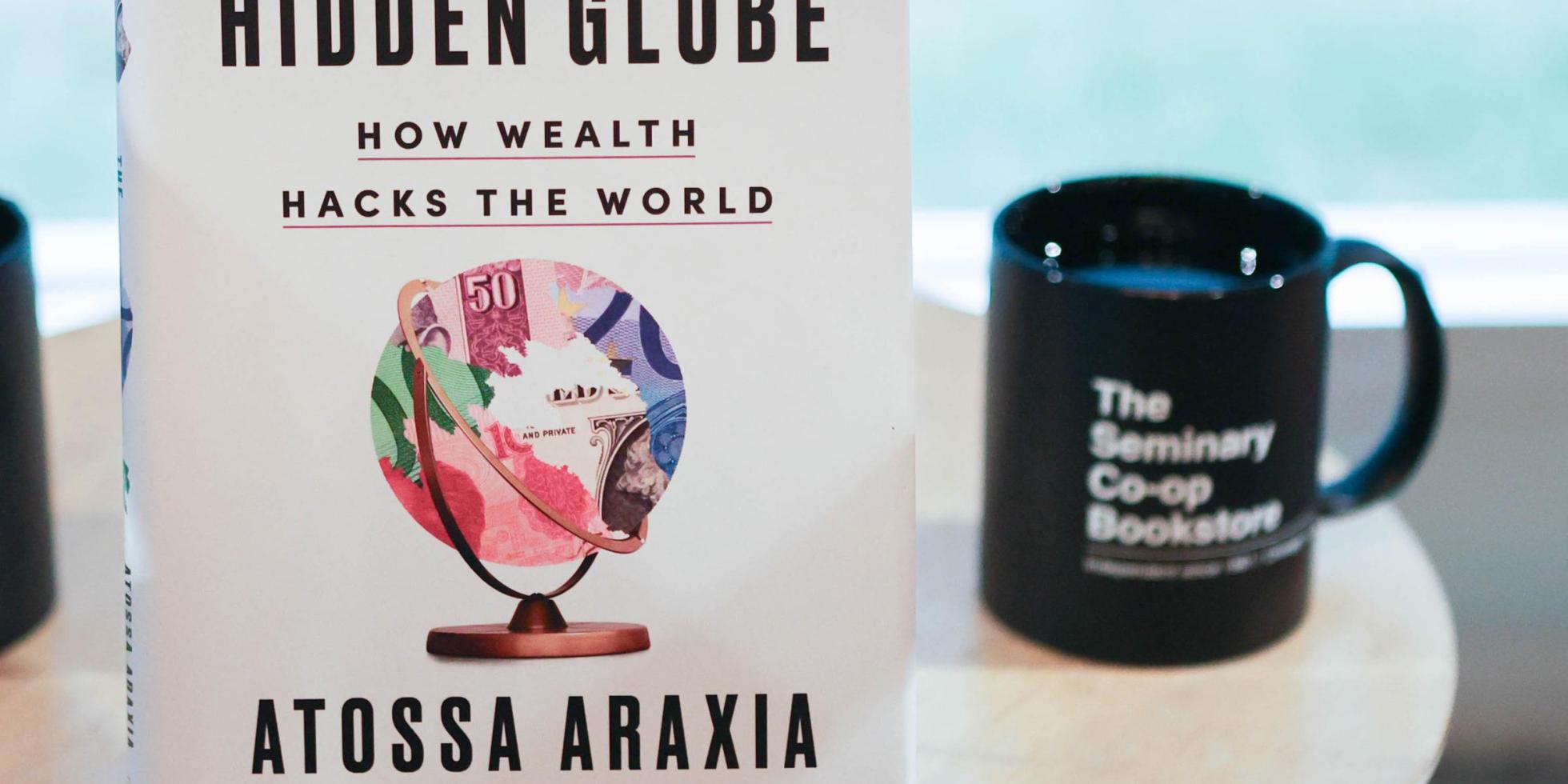In 2021, the Pozen Family Center for Human Rights announced a prize for excellence in BA essay projects about race and human rights in the United States or globally.
A prize of $1,000 will be awarded to the best BA essay submitted on any topic at the intersection of race, structural racism, and human rights. Submissions may be BA essays in any field in the Social Sciences or the Humanities.
Eligibility
Only students in the College who complete a BA essay on a topic at the intersection of race and human rights in the year they submit it are eligible for this award.
How to Apply
- Applications are due by April 27, 2026 at 11:59 p.m. CST.
- Submit your applications online.
Learn More
For more information, please contact Deputy Director Adam Avrushin.
2025 Winners
- Sophia Tedesco (Law, Letters, and Society)
"Power and Progress: An Investigation of Programming in Illinois Jails" - Honorable Mention: Amulya Agrawal (Near Eastern Languages and Civilizations)
"The Weight of Borrowed Dreams: Microfinance, Dignity, and the Marginalized Indian Woman Entrepreneur Examined through Dalit Literature and Lived Experiences"
2024 Winners
- Magdelana Rivera (Law, Letters, and Society)
"Sanctuary in the Schoolyard? The Case of the Wadsworth Migrant Shelter" - Honorable Mention: Sydney Ginsburg (Near Eastern Languages and Civilizations)
"Examining Relationships Between Israeli Secular Schools and Liberalism"
2023 Winners
- Marsha Morabu (History; Philosophy and Allied Fields)
"In Their Own Words: Anticolonial Resistance, Mau Mau, and Women’s Political Mobilization in Kenya, 1907-1960" - Noah Tesfaye (Political Science; Critical Race & Ethnic Studies)
Theorizing Black Self-Determination in the “United States”: The Revolutionary Vision of the Republic of New Afrika - Amina Washington (English)
Crafting a Black Reality: Examining Toni Morrison’s Song of Solomon as Contemporary Folklore
2022 Winners
- Jonathan Chung (History)
"Late-colonial Incels? Erotic Debasement, Celibacy, and the Hindu Nationalist Movement" - Maria Mirasol (Sociology, Public Policy)
"Deconstructing Stigma: Lessons from the ConTextos Rehabilitation Program at the Salvadoran Juvenile Detention Center of Tonacatepeque" - Christina Howard (Sociology, Public Policy)
"Care Under Carcerality: Strategies of Women with Incarcerated Loved Ones"

